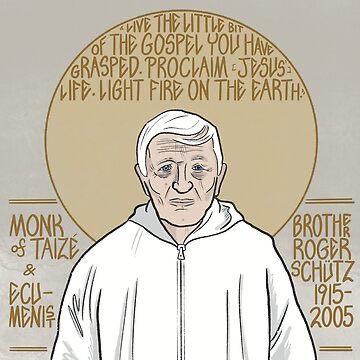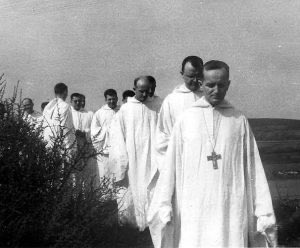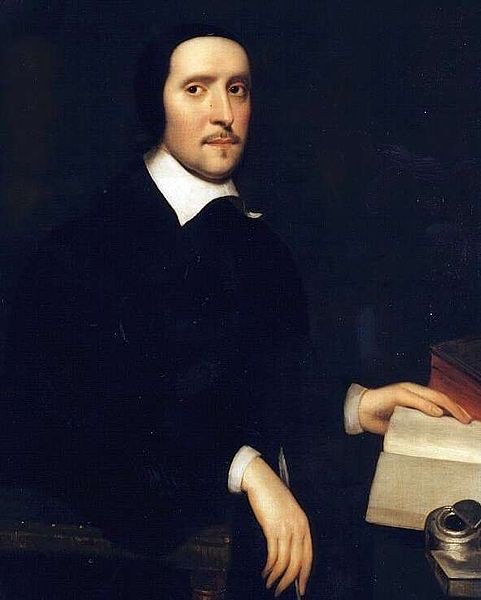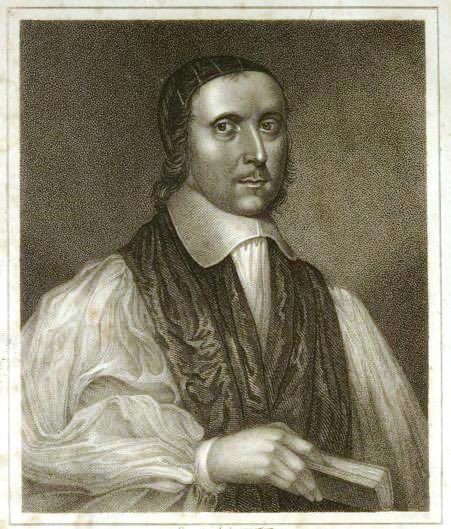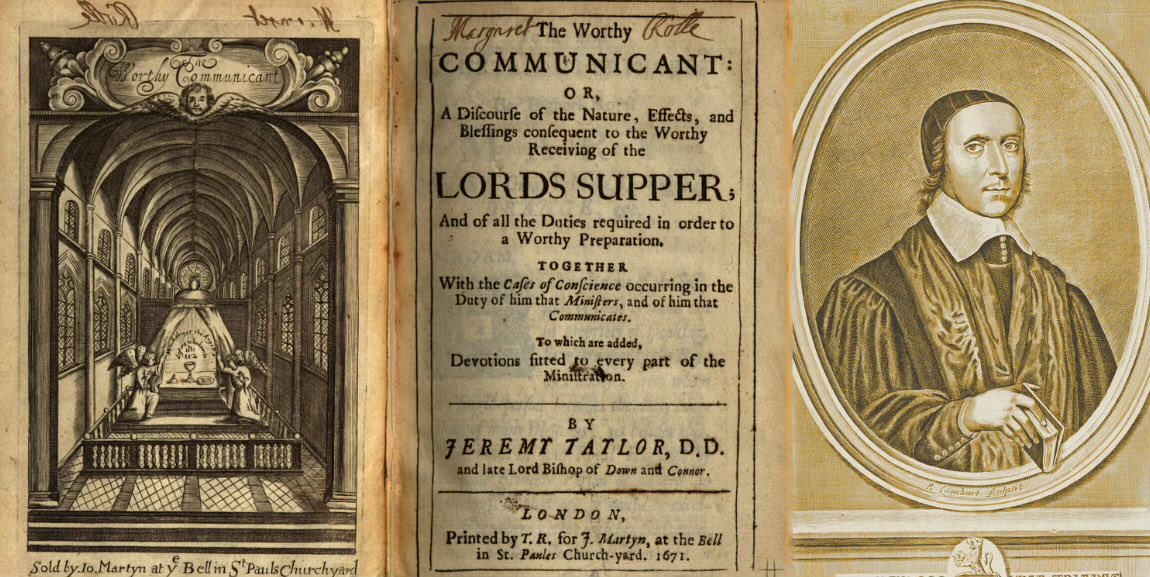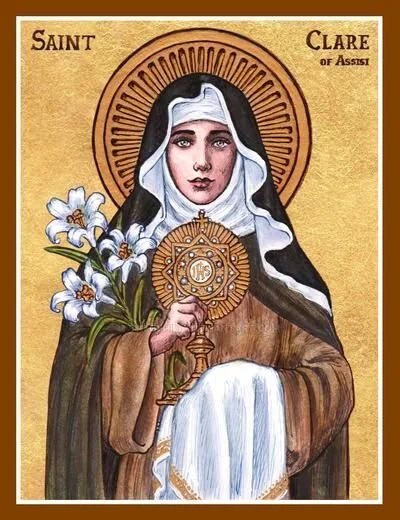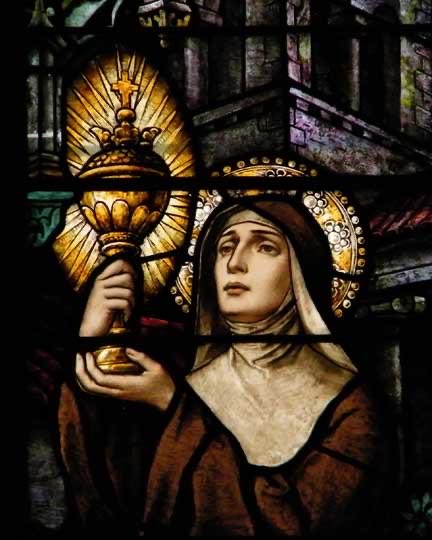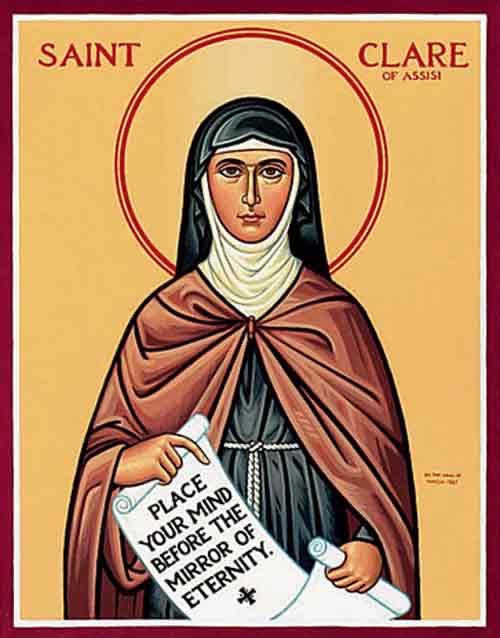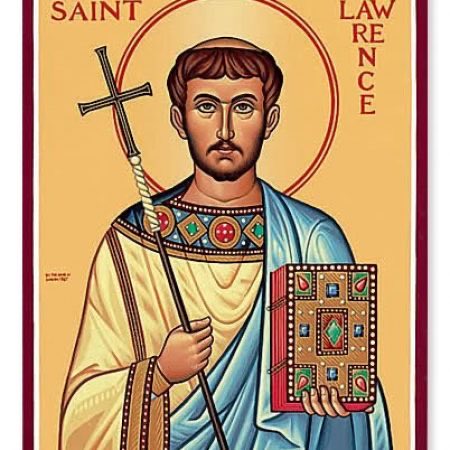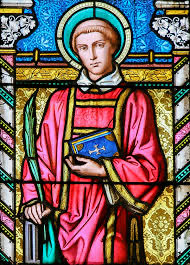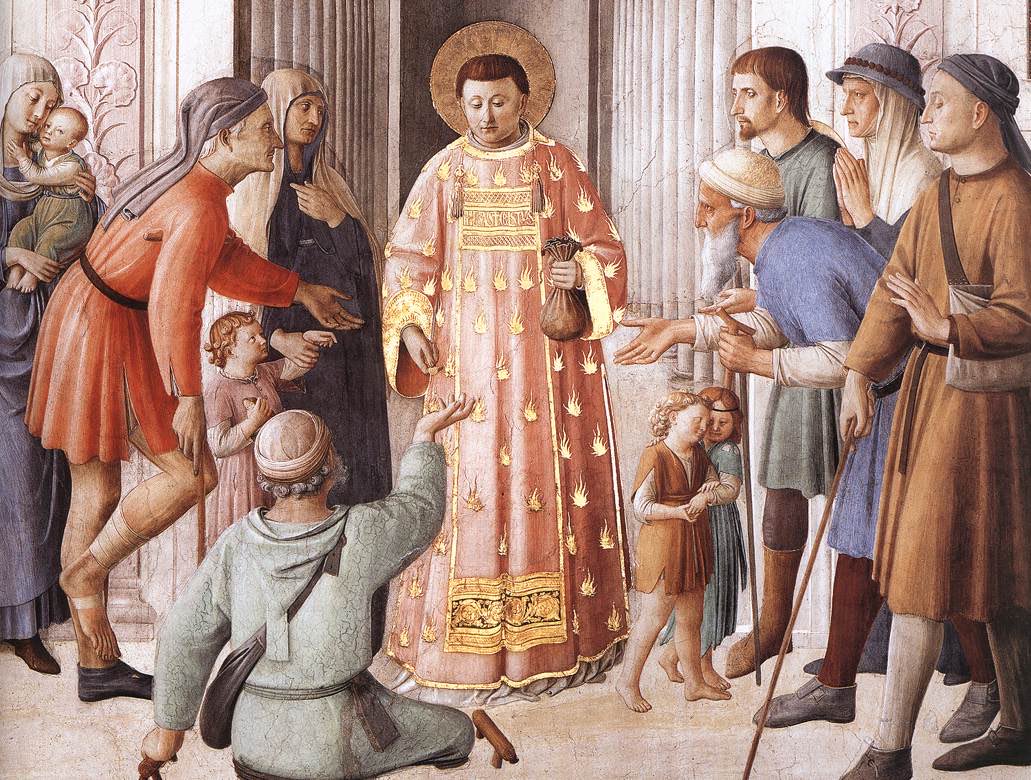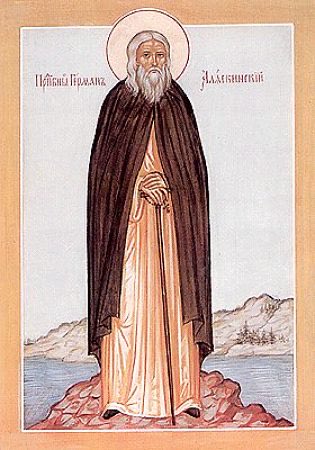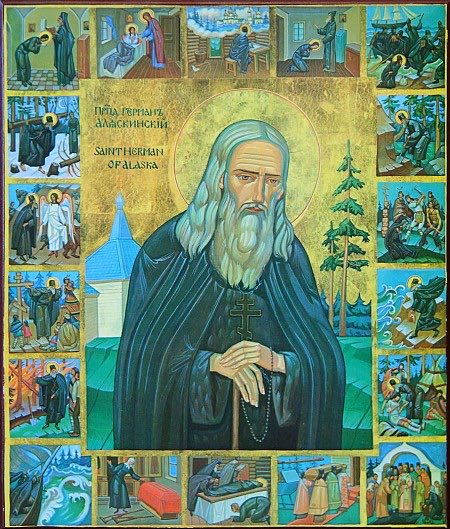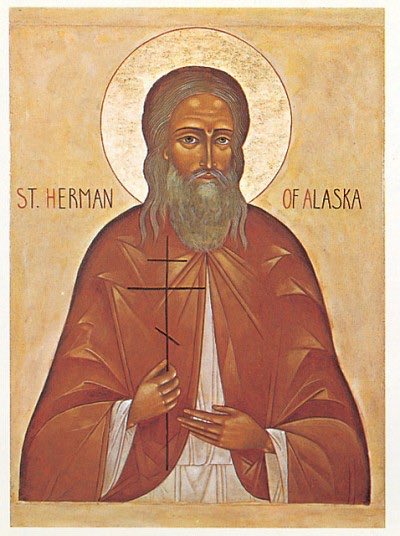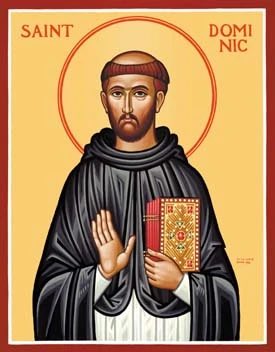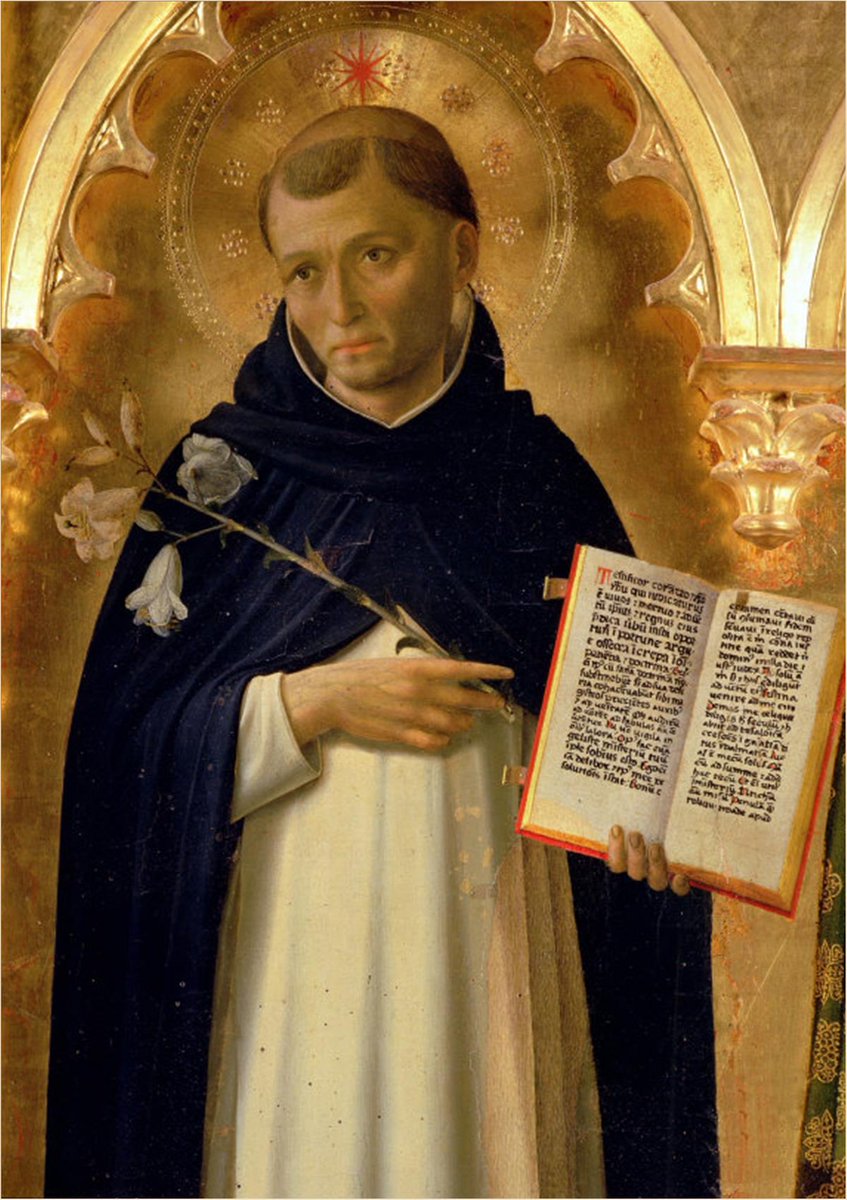🌅Good Morning!
✝️🧵🇨🇦
1/
In Tuesday’s Daily office, we remember Charles Inglis, consecrated in 1787 as the first Anglican bishop in North America for the Diocese of Nova Scotia, and was an Irish-born clergyman and ardent Loyalist known for establishing the Anglican Church in Canada, founding King's College, and navigating the challenges of building a colonial church amidst political and religious tensions.
✝️🧵🇨🇦
1/
In Tuesday’s Daily office, we remember Charles Inglis, consecrated in 1787 as the first Anglican bishop in North America for the Diocese of Nova Scotia, and was an Irish-born clergyman and ardent Loyalist known for establishing the Anglican Church in Canada, founding King's College, and navigating the challenges of building a colonial church amidst political and religious tensions.
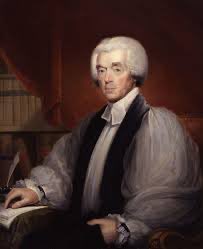
2/
"The authority of bishops is purely spiritual; it has nothing to do with civil constitutions, or their different forms. It existed as fully when Christianity was persecuted, as it does now when Christianity is protected."
- Charles Inglis
"The authority of bishops is purely spiritual; it has nothing to do with civil constitutions, or their different forms. It existed as fully when Christianity was persecuted, as it does now when Christianity is protected."
- Charles Inglis
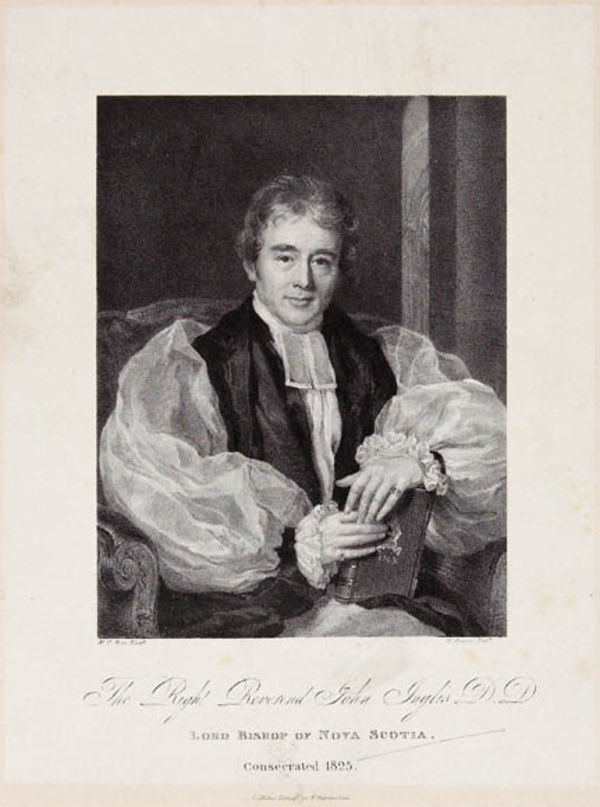
3/
Born in Ireland in 1734, Charles Inglis became the first Anglican bishop in North America when consecrated as Bishop of Nova Scotia in 1787.
He served as Rector of Trinity Church in New York during the American Revolution, staunchly defending Loyalist and Royalist positions.
Born in Ireland in 1734, Charles Inglis became the first Anglican bishop in North America when consecrated as Bishop of Nova Scotia in 1787.
He served as Rector of Trinity Church in New York during the American Revolution, staunchly defending Loyalist and Royalist positions.
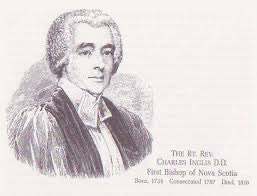
4/
He founded King's College (now University of King's College) in 1789 to provide education for Anglican clergy in Nova Scotia.
And he oversaw the construction of over 40 churches in the Maritimes and confirmed more than 4,300 individuals during his episcopate.
He founded King's College (now University of King's College) in 1789 to provide education for Anglican clergy in Nova Scotia.
And he oversaw the construction of over 40 churches in the Maritimes and confirmed more than 4,300 individuals during his episcopate.
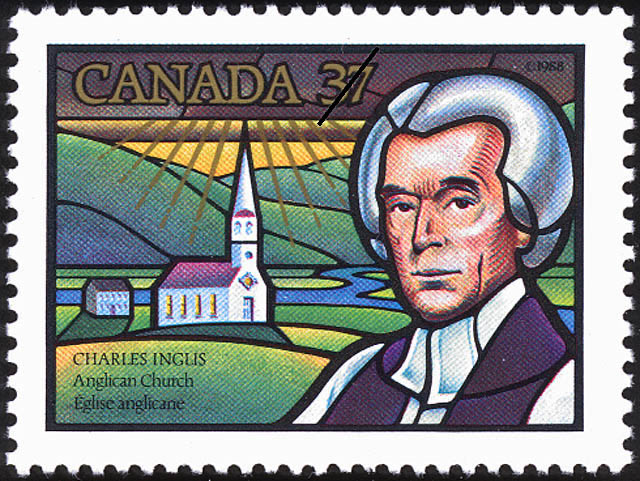
5/
He established the first overseas diocese of the Church of England, initially encompassing all British territory in North America.
And he is remembered in the Canadian Church calendar on August 12, the date of his consecration in 1787.
He established the first overseas diocese of the Church of England, initially encompassing all British territory in North America.
And he is remembered in the Canadian Church calendar on August 12, the date of his consecration in 1787.
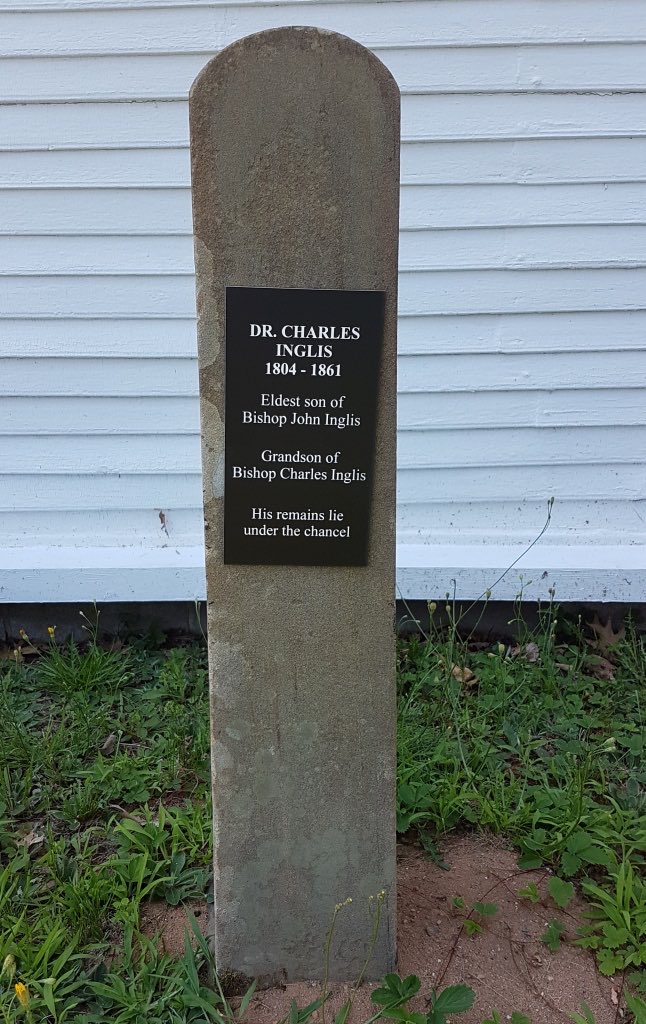
6/
🙏🏻
O God, our heavenly Father, who didst raise up thy faithful servant Charles Inglis to be a pastor in thy Church and to feed thy flock: Give abundantly to all pastors the gifts of thy Holy Spirit, that they may minister in thy household as true servants of Christ and stewards of thy divine mysteries; through Jesus Christ thy Son our Lord, who liveth and reigneth with thee, in the unity of the Holy Ghost, ever one God, world without end.
Amen.
🙏🏻
O God, our heavenly Father, who didst raise up thy faithful servant Charles Inglis to be a pastor in thy Church and to feed thy flock: Give abundantly to all pastors the gifts of thy Holy Spirit, that they may minister in thy household as true servants of Christ and stewards of thy divine mysteries; through Jesus Christ thy Son our Lord, who liveth and reigneth with thee, in the unity of the Holy Ghost, ever one God, world without end.
Amen.
@threadreaderapp unroll
🧑🧑🧒🧒We’re a church without a building right now.
🙋🏻♂️Can you help us?
⛪️We can do so much more to bring people to Jesus and to serve the community if we had a building of our own.
🥅Please donate or share to reach our goal.
Thank you.
🙏🏻
👉🏻 democracythree.org/saveachurch
🙋🏻♂️Can you help us?
⛪️We can do so much more to bring people to Jesus and to serve the community if we had a building of our own.
🥅Please donate or share to reach our goal.
Thank you.
🙏🏻
👉🏻 democracythree.org/saveachurch
• • •
Missing some Tweet in this thread? You can try to
force a refresh


